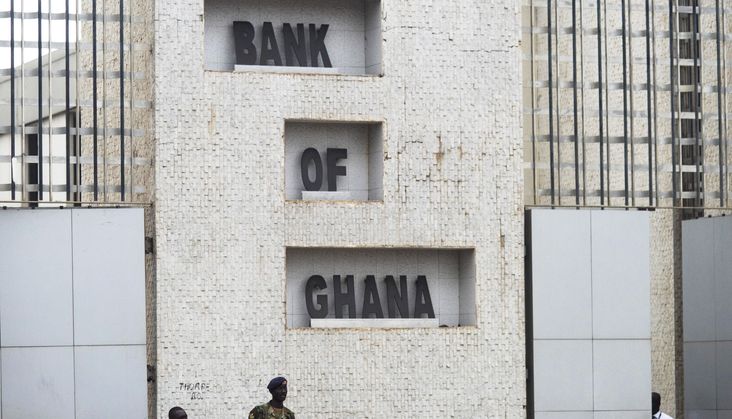BoG declines Parliamentary summons over UT Bank, Unibank closure
The Bank of Ghana has said that the petitioners should use the right channels to ensure their grievances are resolved

The Bank of Ghana has served notice that it would not appear before Parliament to respond to the petitions filed by Prince Kofi Amoabeng (for UT Bank) and Dr. Kwabena Duffuor (for Unibank), following the closure of the two banks in 2018.
The petitioners had cited a contravention of their fundamental human rights when the Central Bank revoked their banking license. Subsequently, the MP for Bawku Central, Hon. Mahama Ayariga laid the two petitions before Parliament, following which the Speaker of Parliament enabled a committee that would investigate the petitions and report its findings on the floor.
However, the Bank of Ghana has reasoned that Parliament does not have the constitutional basis nor legal jurisdiction that would allow it to hear such a petition, especially given the claims highlighted by the petitioners.
In the notice received by the Office of the First Deputy Speaker as sighted by Dennislaw Media, the Central Bank argues that the decision to close down the banks were in tandem with its Constitutional obligations, enabled by the Bank of Ghana Act, 2002 (Act 612), as amended by the Bank of Ghana (Amendment) Act, 2016 (Act 918).
The said Act confers absolute autonomy to the Bank of Ghana in the discharge of its constitutional and statutory duties. Section 4(1A) of the Act “provides that the Bank of Ghana shall not be subject to the control or direction of any person or authority in the performance of its constitutional and statutory functions.” Consequently, the Bank of Ghana has reasoned through its lawyers that responding to the summons by Parliament would be contravening this provision of law, as it would vest Parliament with such powers to dictate its operations.
The Bank of Ghana has also argued that provisions are available in the Banks and Specialized Deposit-Taking Institutions Act, 2016 (Act 930) (BSDTI) through which persons or institutions who are aggrieved over such actions by the Central Bank can pursue appropriate redress. Given that these processes do not include a petition to Parliament, the Bank has reasoned that it is a wrong exercise of the rights of the aggrieved persons/institutions.
On the matter of abuse of fundamental human rights, the Central Bank has also noted that such determinations can only be made by the Judiciary and not any other arm or functionality of government, including Parliament.
The BoG argues that “even if the petitioners are entitled to go outside the dispute resolution mechanisms stated under the BSDTI Act, (pursuant to articles 125(3), 33(1), 130(1), 140(2) and 295(8) of the Constitution) the only arm of government with jurisdiction to entertain the petition is the Judiciary.”
The BoG has thus entreated the petitioners to employ the right channels to ensure their grievances are appropriately resolved.


